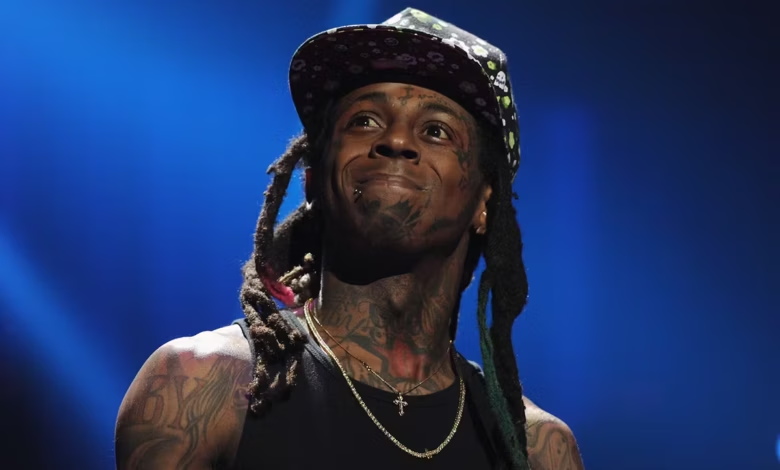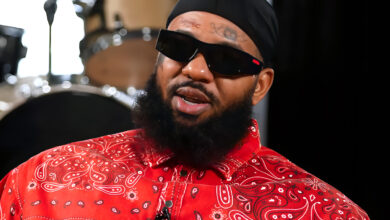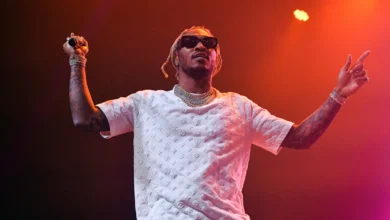Inside Lil Wayne and Pusha T Beef

The hip-hop world has long been fueled by intense rivalries and lyrical battles, but few feuds have captured the public’s attention like the ongoing beef between Lil Wayne and Pusha T. Both artists are respected for their sharp lyricism and contributions to rap, yet their conflict has been marked by sharp diss tracks, personal digs, and industry drama that continues to spark debate among fans.
The origins of the Lil Wayne and Pusha T beef date back to the early 2010s, largely rooted in their affiliations and past collaborations. Lil Wayne, a veteran from New Orleans and a flagship artist of Cash Money Records, rose to superstardom with his prolific mixtapes and albums. Pusha T, originally part of the influential duo Clipse and later president of Kanye West’s G.O.O.D. Music label, built his reputation on gritty street narratives and precise wordplay.
Tensions escalated notably after Pusha T released “Exodus 23:1” in 2012, a subtle diss aimed at Lil Wayne and his label Cash Money. Pusha T accused Cash Money of withholding payments and not properly compensating artists, indirectly calling out Lil Wayne as a figurehead. While Lil Wayne didn’t immediately respond, the seeds of the feud were planted.
The rivalry heated up in 2018 when Pusha T dropped “Infrared” on his album DAYTONA, which took shots at Lil Wayne and accused him of using ghostwriters, a sensitive subject in hip-hop circles. Lil Wayne fired back with “Tattoo,” a track that defended his legacy and dismissed Pusha’s claims.
Pusha T escalated the war further with his track “The Story of Adidon,” where he revealed deeply personal information about Lil Wayne, including allegations about secret children and Wayne’s struggles. This diss track was widely regarded as one of the most brutal in rap history and pushed the beef into mainstream headlines.
Despite the public animosity, the feud between Lil Wayne and Pusha T also reflects broader tensions in the industry—between different record labels, artist loyalties, and the business of rap itself. Both artists have loyal fan bases who fiercely defend their favorites, contributing to the ongoing buzz.
While some hoped the beef would eventually cool down, it remains an iconic example of how personal and professional conflicts play out in hip-hop culture. Both Lil Wayne and Pusha T continue to release music that fans eagerly dissect for new bars and references, keeping the rivalry alive.
In summary, the Lil Wayne and Pusha T beef is more than just a clash between two rappers—it’s a complex narrative involving artistry, business disputes, and personal jabs that highlight the competitive spirit of hip-hop. Whether it will ever truly end remains to be seen, but it has certainly left a lasting mark on rap history.




